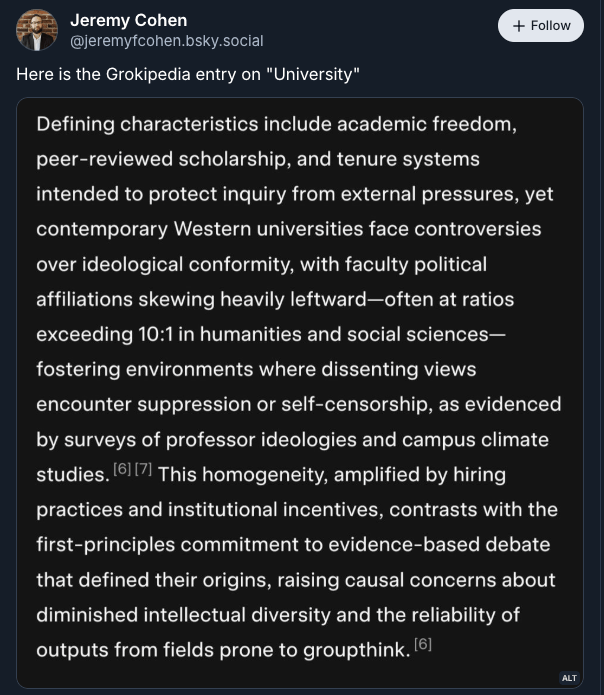That time one agency shut down for one day and changed government forever
The latest in an intermittent series looking back at groundbreaking, newsmaking, appalling and amusing events in government history.
The Federal Trade Commission, like other federal agencies, posted a simple notice on its website at the start of fiscal 2026: “The FTC is closed as of midnight Wednesday, October 1, 2025, due to the lapse in government funding.”
What the notice did not say was that the announcement came during the year of a grim anniversary for the FTC: Forty-five years ago, it became the first government agency ever to shut down due to a lack of appropriations. The closure, affecting only the FTC, lasted just one day, but would, sadly, become a common occurrence in government. And future shutdowns frequently wouldn’t be resolved so quickly.
Before 1980, shutdowns simply never happened. The operating assumption in government was that Congress would never have intended for agency operations to grind to a halt because of its failure to resolve funding disputes in a timely fashion. Such scenarios had in fact unfolded on several occasions in history, and all were expeditiously resolved. When agencies technically ran out of money, they simply continued normal operations until lawmakers provided new funds.
Then, on April 25, 1980, along came then-Attorney General Benjamin Civiletti with a landmark opinion: Continuing to operate an agency without official appropriations, he ruled in response to a lawmaker’s query, constituted a violation of an obscure law called the 1884 Antideficiency Act.
It was all downhill from there.
Just five days later, the Civiletti opinion got its first test, when the FTC ran out of funds. At the time, the agency received its appropriations independent of and on a different cycle than other federal agencies.
Members of Congress had delayed extending appropriations for the FTC, because they were mired in a battle over the agency’s enforcement powers. That battle was poised for a resolution, with the House Appropriations Committee taking up a measure providing $55 million in funding for the agency. But some representatives dug in their heels, insisting on withholding funds until President Jimmy Carter signed a measure sharply limiting the FTC’s authority to regulate businesses.
Ordinarily, that would have meant business as usual until the dispute was resolved. But not in the wake of Civiletti’s decree. “We are in the absurd situation of having to follow the attorney general’s opinion,” an FTC official told the Washington Post. “We intend to follow it. People who come to work will have the obligation of shutting down the FTC.”
Very few of the agency’s 1,600 employees fell into that category, so almost all of them were furloughed. Eventually, a laundry list of employees excepted from furloughs would evolve, including those whose work involves the protection of life and property. (These are not, as is commonly assumed, “essential” workers.)
Today, the FTC’s shutdown guidance document runs to 14 pages, detailing which agency operations will continue during a shutdown. More than 400 of the agency’s 1,200 employees are excepted from furloughs. They are defined as those who “meet the demands of law enforcement actions to protect against immediate harm to life or government property interests or protect the commission’s excepted personnel, property and IT infrastructure.” That includes 200 employees at the FTC’s Bureau of Competition, which oversees major company mergers, and 77 at its Bureau of Consumer Protection.
In 1980, by contrast, very few exceptions were made to the rule that employees had to stop doing the FTC’s business.
Federal marshals showed up at FTC offices on April 30 to ensure that nobody was working. The General Services Administration’s Federal Protective Service, which provides security at government buildings, sent a message to its field offices that the FTC had been “terminated,” and that it would secure FTC sites. A series of hearings, a major court appearance and all agency travel plans were canceled.
The self-defeating nature of shutdowns became apparent immediately. “It’s basically idiotic,” then-FTC Chairman Michael Perschuk told reporters. “It’s a waste of taxpayers’ dollars.”
Lawmakers quickly recognized the absurdity of shuttering even a single federal agency. They quickly passed an authorization bill for the FTC, and then provided emergency funding so it could continue operations. The whole process unfolded in the course of a single day.
But that day would mark the creation of a political tool that would be weaponized to bedevil government and traumatize its employees for decades to come.

